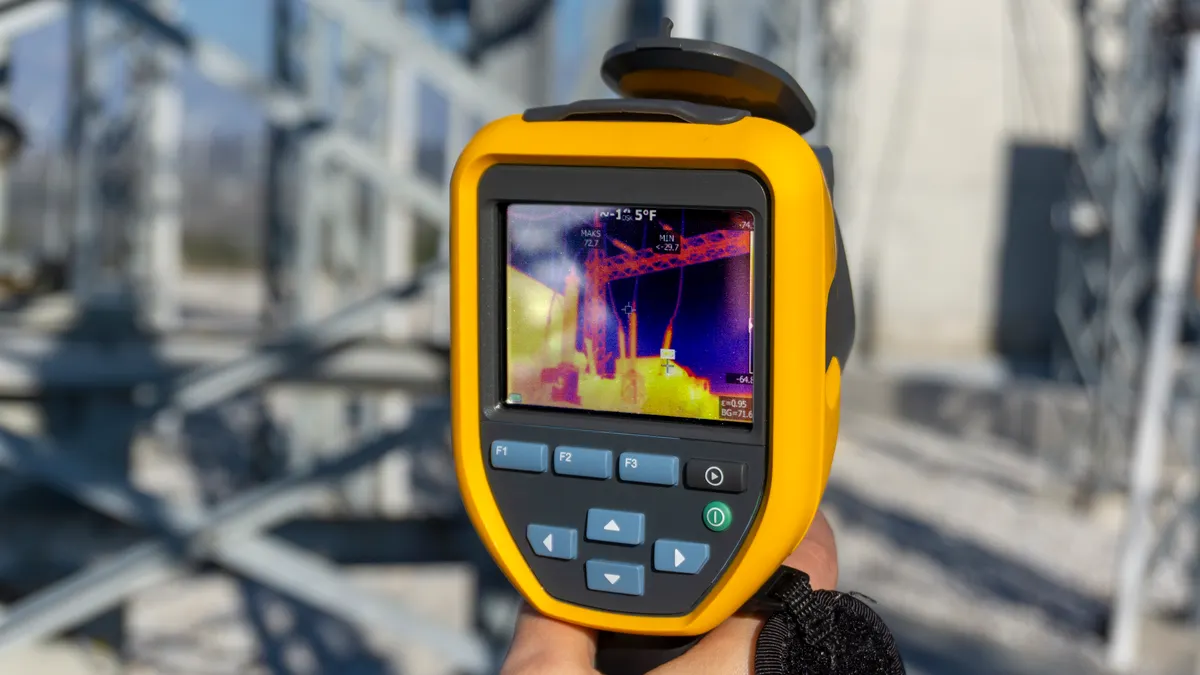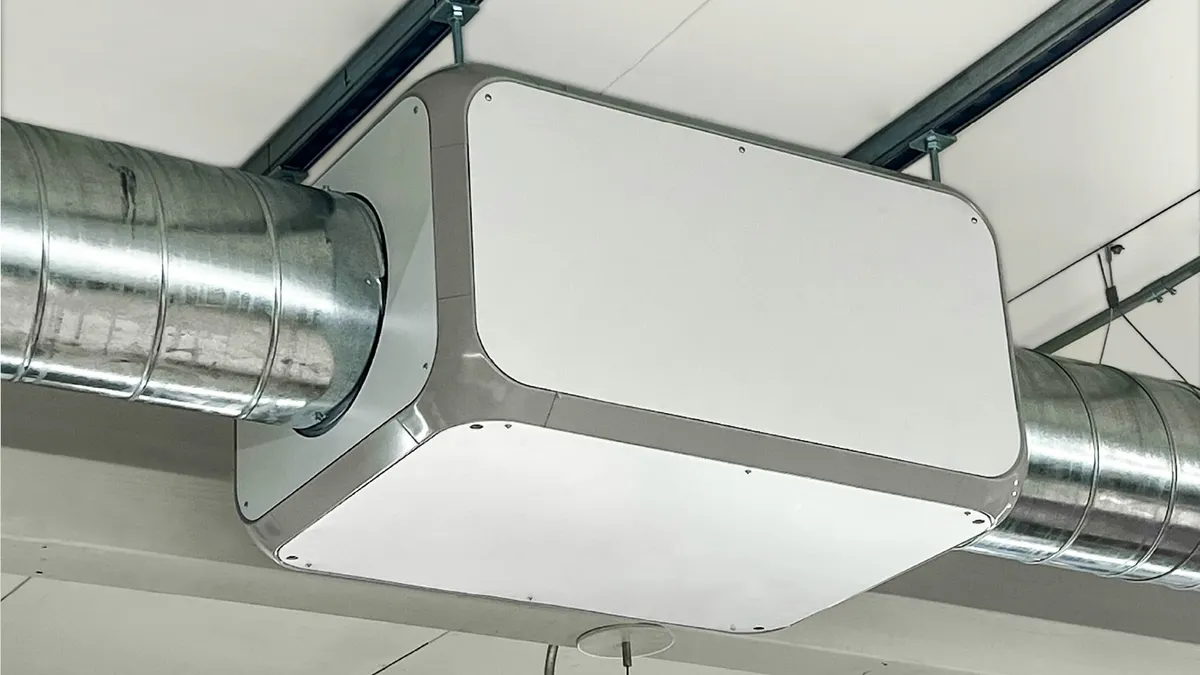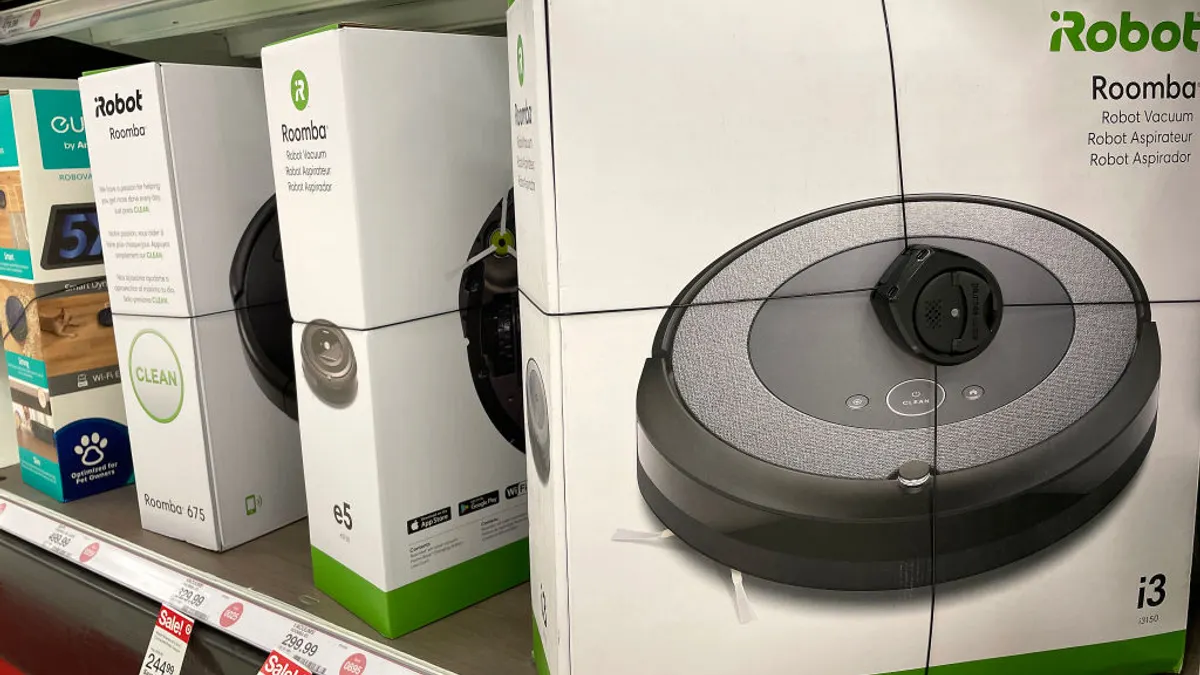Technology’s shining star this year continues to be generative AI, and commercial real estate companies refuse to be left out after playing catch-up in digital maturity compared to other industries.
Commercial real estate leaders expect AI and generative AI to have the greatest technological impact on the industry over the next three years, according to a JLL survey of 1,006 decision makers conducted by Meridian West. The only technology that rivals AI's position are solutions that support sustainability.
Sandeep Davé, chief digital and technology officer at CBRE Group, and his technology teams have evaluated AI integrations across the lifecycle of real estate, from the minute an asset is identified, through the decision to invest and into the management phase.
“We’ve got AI interventions across the board,” Davé told CIO Dive. “The way we think about any technology investment, including AI, is how is it aligned with our strategy and what is the business problem that we are trying to solve.”
CBRE wanted a model that could work with real estate data and documents. The solution was a sandboxed innovation environment.
“We’ve created a self-service AI playground, which we are adding about 150 users on a weekly basis on pure word of mouth,” Davé said. “It’s where our teams can come in and query real estate data, have the models point to real estate documents, query the documents and translate them into multiple languages.”
What's in the sandbox
Commercial real estate companies are under significant pressure from clients to adapt to their evolving digital needs, from employees to craft better user experiences and from economic headwinds.
Interest rates have undergone the "sharpest rise in nearly 40 years,” CBRE said in its October earnings call presentation. The jump in rates pushed an expected market rebound to the second half of next year at the earliest, according to CBRE CEO Robert Sulentic, speaking during the company’s Q3 earnings call. But there are still pockets of opportunity, Sulentic said.
CBRE serves more than 95% of Fortune 100 companies and has more than 500 offices spread out across more than 100 countries, according to its website.
The company has deployed an AI-enabled smart facilities management capability to more than 20,000 sites covering one billion square feet. CBRE also uses AI to manage millions of dollars worth of supply chain analytics, according to Davé.
Yet, for CBRE, the risks generative AI pose are clear. In order to mitigate some of the fear around exposing proprietary or sensitive information, the company blocked access to public generative AI capabilities.
The concern comes from the idea that employees could input confidential information in a query that would then be later used in a generated response to a separate user. It’s a real and well documented issue for enterprises that want to harness the power of generative AI without exposing sensitive data.

“In today’s environment, I see a lot of hype and fear of missing out,” Davé said. “Whereas our approach has been very consistent and aligned with our strategy so we get really outsized, meaningful returns.”
With generative AI entering the mainstream tech stack conversation, CBRE has leveraged its previous experience working with transformer models to put a specific focus on productivity benefits within job families.
“For example, software engineers in my organization use GitHub Copilot to help them with writing code and generating test scripts, almost a pair programming kind of a capability, but there are other roles we’re looking at [like] marketing support,” Davé said.
The company has “lots” of small pilots underway, but Davé’s teams have found such significant benefit from the coding assistant that the tool is rolled out broadly, according to the tech chief.
While developers in the company mainly leverage GitHub’s Copilot coding assistant, the rest of the company uses the AI playground to generate content, chat and ask questions. The company has around 3,000 unique users hopping on the platform on a monthly basis.
“Rather than worrying about what specific use case I’m enabling, we actually enable a range of self-service capabilities,” Davé said.
Even as the company adds to the platform, it’s cautiously monitoring costs, according to Davé. CBRE is tracking analytics to measure platform usage, costs and efficiency gains to help strategize the continued roll out and the rest of its AI investments.
“We’ve got to ensure that we are getting good returns for the investment,” Davé said, stressing strategic alignment and clarity.
“What we do is to drive the growth or efficiency of the business, and we’ve reinforced that for our AI program, but it’s also just become part of our culture,” said Davé.




















